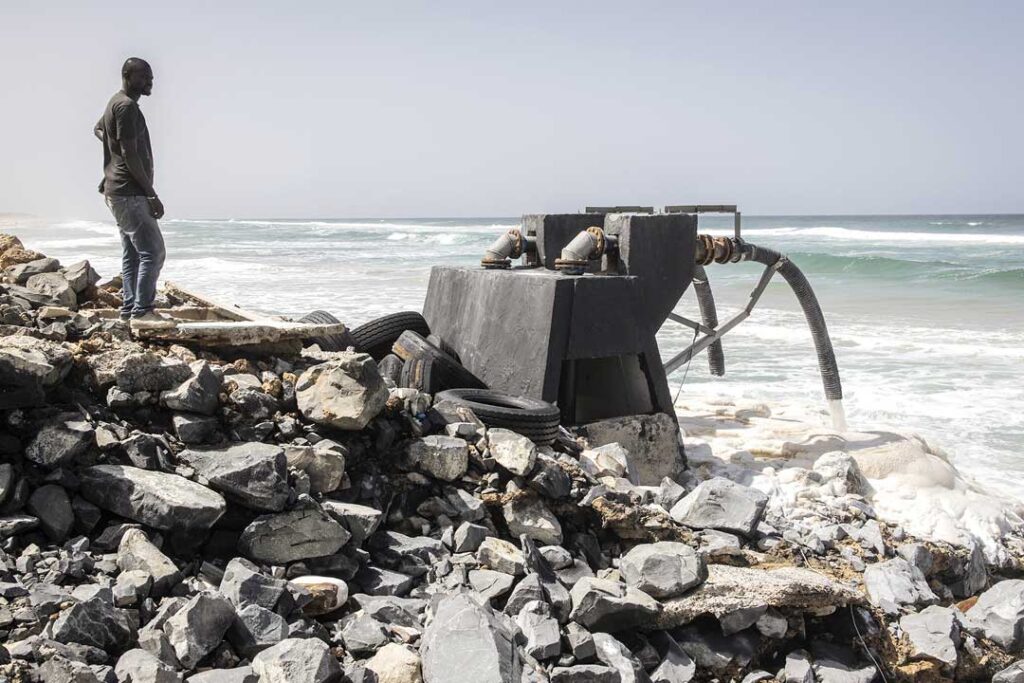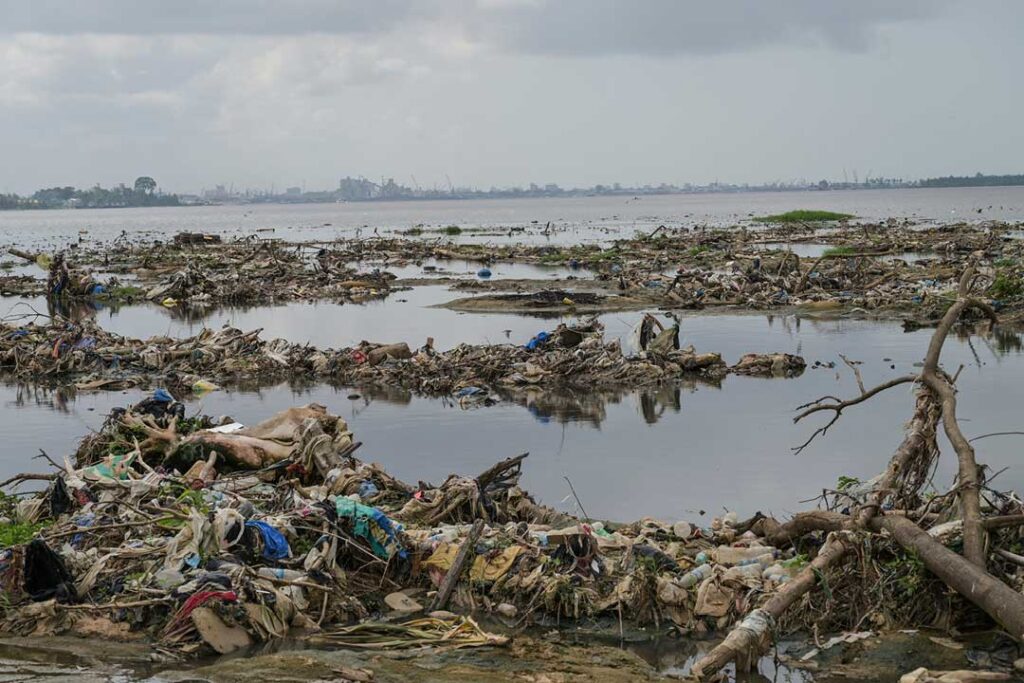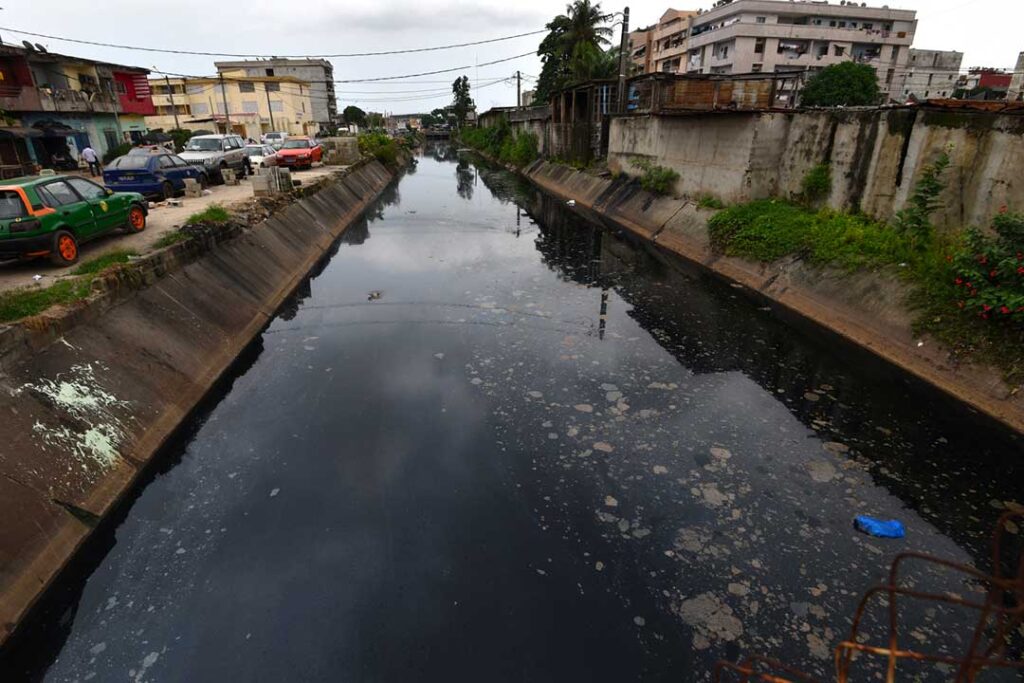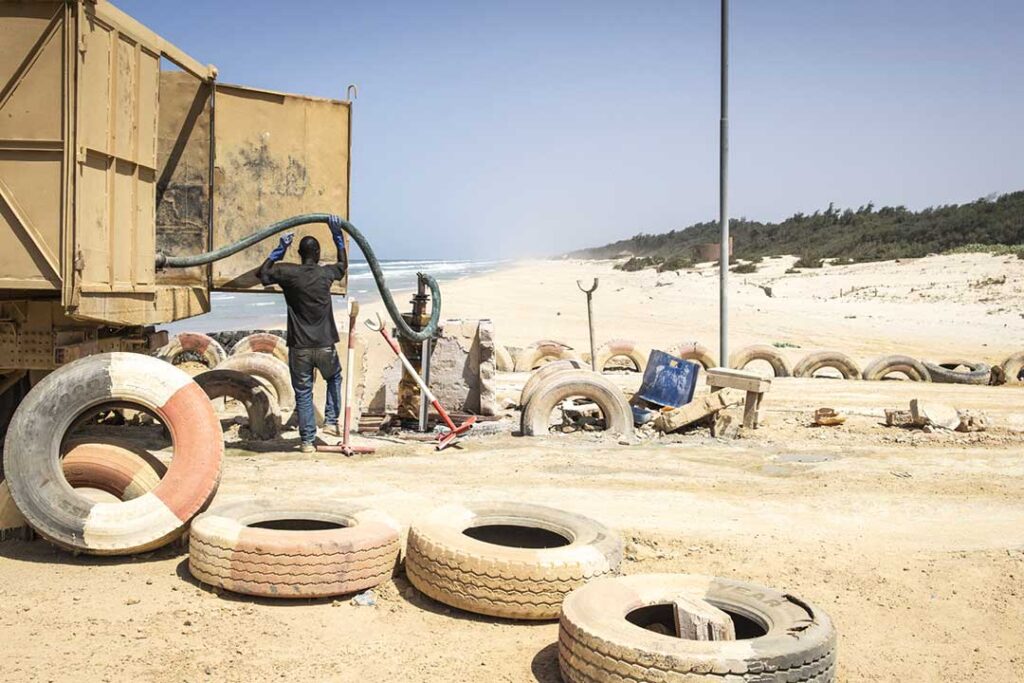Water scarcity is only set to grow as an issue in Africa as its population increases from 1.4 billion currently to an estimated 1.7 billion by 2030, while as many as 2.5 billion people could live on the continent by 2050. Demand for water will also increase as it is needed not just for drinking but also for sanitation, farming, energy, and manufacturing as the continent increasingly industrialises.
The United Nations Environmental Programme (UNEP) estimates that globally, the right wastewater treatment processes could supply more than 10 times the water provided by current desalination efforts and offset over 10% of global fertiliser use.
Sub-Saharan Africa remains the region of the world with the lowest reuse of wastewater, with data collection from many countries difficult to attain. “There’s a lack of data—a lack of valuable data. How do we improve monitoring, evaluating, and data processing, and (also) share and strengthen our capacity?” asks Avantika Singh, UNEP programme associate for wastewater management, in reference to the scale of the problems the continent faces in treating it.

As Africa’s populations grow, its countries further industrialise, and its inhabitants increasingly urbanise, more dangerous wastewater is produced. In countries where water is already scarce (it is the second-driest continent on the planet behind only Australia, which has 2% of Africa’s population), this can be a severe problem. But properly managing, treating, and reusing wastewater can not only avoid polluted water being pumped into the continent’s environment, waterways, and freshwater supplies, which results in deaths, but could also provide fresh water for reuse and extract nutrients to displace fertiliser.
Yet, wastewater treatment is not given priority across the continent. “Wastewater is not, in general, a very sexy topic,” Singh tells Africa in Fact. “It doesn’t garner as much attention and action as it deserves. A mindset change needs to come about; it can’t just be seen as waste and out of sight, out of mind.”
That lack of attention has been highlighted by UNEP itself, which released a report in August this year, ‘Wastewater: turning problem to solution’, that recognised changes in wastewater treatment are not happening at the speed or scale required given the growing challenges of climate change, biodiversity loss and rampant pollution.
The World Bank reports that GDP per capita in sub-Saharan Africa increased from $591 at the start of the century to $1,690 last year, and increases in individual wealth have knock-on effects on water security. To take just one example, beer, a water-intensive product, takes 60 to 180 litres of water to produce just one litre, according to brewer SAB Miller, and is increasingly consumed across Africa. Industry body International Wine and Spirit Research (ISWR) finds sub-Saharan Africa to be the fastest-growing beer market in the world at 5% per annum. It is easy to see the strain being put on the continent’s limited water supplies.

Last year, in Singapore, a craft brewery released a beer in collaboration with the National Water Agency made of 100% recycled water as one step to address the industry’s increasing impact on water security. It remains to be seen how effective initiatives like this one will prove to be and whether they can be expanded to places like Africa.
Yet, there have been pockets of progress and bright spots across Africa that enable Singh to remain optimistic for the continued development of improved wastewater treatment. In water-scarce Namibia, a drought led Windhoek, the capital, to increase its water reuse from 20% of total usage to 37%, while aquifer water replaced surface water.
In rural Burkina Faso, UNEP found water and sanitation services were improving; more pit latrine construction had reduced open defecation, for example. The report did note, however, that the country was missing an opportunity to use the nutrients in human excreta as fertiliser in rural areas where subsistence farming dominates and commercial fertiliser is expensive.
Overall, though, the outlook is bleak. As Singh notes, countries lack the will to come together and address their wastewater management problems. “We need to increase co-ordination between people and organisations,” she told Africa in Fact. “So many people are working [across the continent] on the same issue but on their own projects; we need to bring them together to learn from each other.”

A sign of the troubles in the continent’s wastewater treatment systems can be seen in South Africa, sub-Saharan Africa’s leading country for wastewater treatment, which has unfortunately taken backward steps.
Last year, the country’s first report into wastewater treatment in nine years was released, demonstrating how little attention is paid to this subject. The Green Drop Report 2022 revealed that 39% of the country’s 955 wastewater treatment systems were in a critical state, an increase from 29% in 2013, while the cumulative risk ratio for treatment plants increased to 70.1%, a high-risk classification, from 65.4%, a medium-risk classification.
“Wastewater treatment in general is really getting to a dire state in this country,” says Dr Kirsty Carden, the acting director of the Future Water Institute, a research initiative at the University of Cape Town (UCT) focused on sustainable and resilient water futures. “We now have a situation where there’s large volumes, large quantities of often almost untreated wastewater finding its way into the environment,” she told Africa in Fact.
The deteriorating situation is having a very real impact on South Africa’s citizens. Earlier this year, in the township of Hammanskraal, Pretoria, an outbreak of cholera killed at least 17 people, and was also found in the Vaal River, one of the main sources of water for Johannesburg and Pretoria. Although the outbreak can’t be attributed solely to failing wastewater treatment, it is certainly a contributing factor.
“Obviously, low levels of wastewater treatment contribute to that because if treatment systems are failing, that means discharges are going into the environment; waterways are often very polluted. So if people are collecting water from places other than taps, there’s a chance that it might be contaminated. And then you get these public health outbreaks,” Carden said.

As with the rest of the continent, a major factor in this lack of treatment is inadequate funding, organisation and attention, as other topics dominate the attention of both the government and the media. In South Africa, that is primarily the ongoing electricity crisis, although, as Carden points out, these issues are not unrelated.
“The electricity crisis is contributing to this one too, with load shedding resulting in pump station overflows and sewer leaks and all the rest,” she said. “So, I mean, these things are all intertwined, and if we could sort out the electricity crisis, that would be one way of getting towards better wastewater treatment. But at the same time, I don’t think there’s enough attention paid to issues of environmental health in this country.”
The fight for better wastewater treatment across Africa is an uphill one, especially when you consider that the world’s 6th largest economy, the United Kingdom, has in recent years seen its wastewater treatment disintegrate to such an extent that earlier this year 57 athletes competing in the World Triathlon Championship got ill swimming in its seas. It is primarily the result of disintegrating wastewater treatment systems, which saw the amount of untreated sewage dumped into its waterways increase by 2,553% between 2016 and 2021 and has left just 14% of the country’s rivers in a “good” ecological state.
As for Africa, “honestly and sadly, not much progress has been made over the past 13 years [since UNEP’s previous report]. It pains me to say, but we have a long way to go,” lamented Singh.

Joe Walsh is a freelance journalist based in Johannesburg. He writes about the environment, energy and the green economy as well as politics and society for British publications, including Environmental Finance, the New Statesman and The New European.


